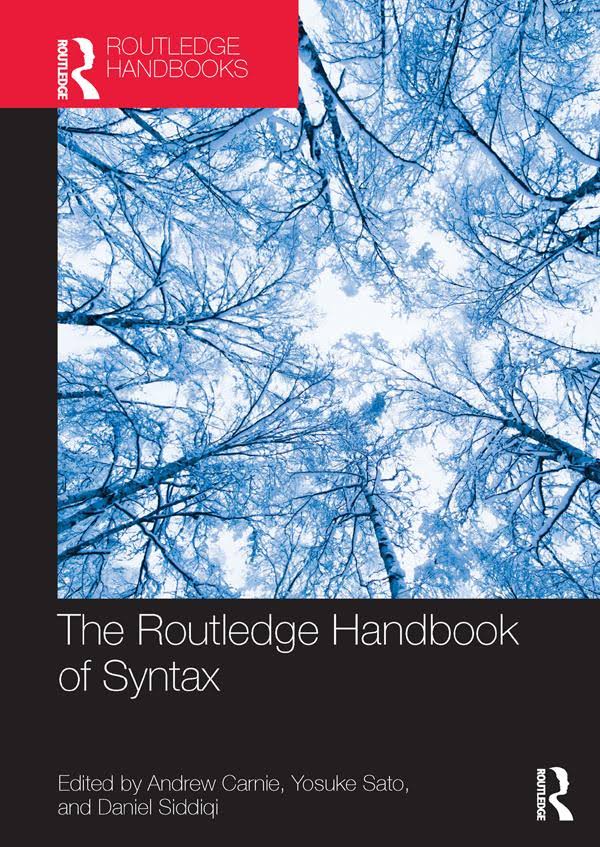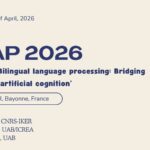12 gener, 2018
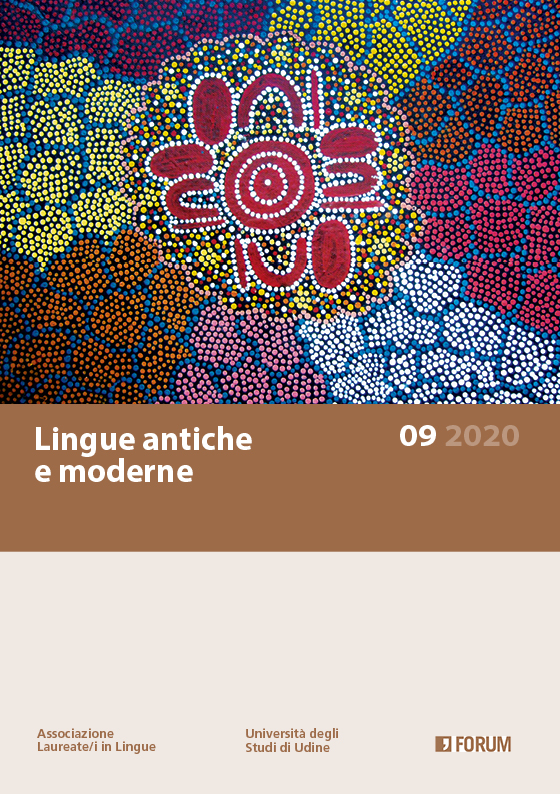
Autors:
Jaume Mateu & Renato Oniga
Títol:
Lingue antiche e moderne, 9Editorial: Università degli Studi di Udine
Data de publicació: Setembre de 2020
ISBN13: 2281-4841
Més informacióWord formation in Latin is a fascinating subject that has been approached from different theoretical perspectives in recent decades. In this area there are some prominent topics that have captured the attention of various researchers.
Within the 20th International Colloquium on Latin Linguistics, held at the University of Las Palmas de Gran Canaria on 17-21 June 2019, we organized a workshop to congregate researchers who are working on word formation in Latin from different theoretical perspectives. Our goal was to begin a free and informal exchange of ideas in order to promote a fruitful cross-theoretical debate.
In this number of the journal we have collected a selection of the papers presented in the workshop. Each paper has been reviewed by two anonymous reviewers and we are very grateful to them for their efforts and help to improve the quality of the contributions. The papers offer different paths of argumentation and linguistic theorizing, which provide a substantial overview on the area of word formation in Latin today.
12 gener, 2013
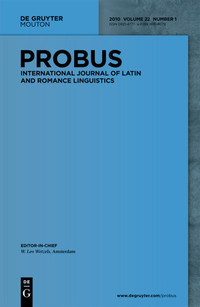
Autors:
V. Acedo-Matellán & J. Mateu
Títol:
Probus, International Journal of Latin and Romance LinguisticsEditorial: De Gruyter
Data de publicació: Gener del 2013
ISBN13: https://doi.org/10.1515/probus-2013-0008
Més informacióIn this paper we are interested in the relation between two facts accompanying the diachronic change from Latin to Romance within the domain of the morphological and argument-structural properties of the predicates expressing change. On the one hand, the element encoding the transition itself, which we call the Path, and the verb are realised as two distinct morphemes in Latin, but as one and the same morpheme in the daughter languages: in Talmy's (2000) terms, the former is a satellite-framed language and the latter are verb-framed languages. On the other hand, there is a whole range of argument-structural patterns which are found in Latin but not in Romance: unselected object constructions, complex directed motion constructions, productive locative alternation, etc. We show, within a syntactic view of argument structure and morphology, that both facts are intimately related. Furthermore, we provide data from Old Catalan showing an intermediate stage between the Latin satellite-framed system and the Romance verb-framed system.
8 febrer, 2021
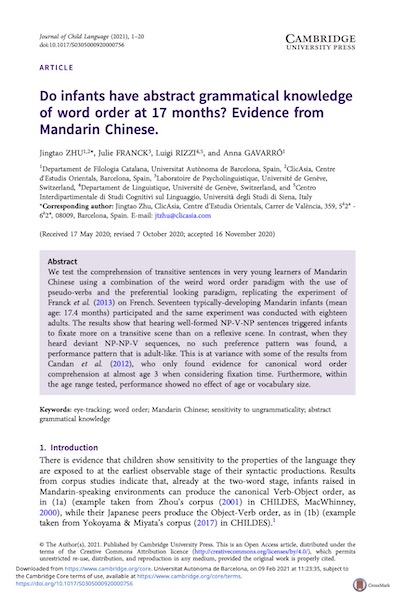
Autors:
Jingtao Zhu, Julie Franck, Luigi Rizzi & Anna Gavarró
Títol:
Do infants have abstract grammatical knowledge of word order at 17 months? Evidence from Mandarin ChineseEditorial: Journal of Child Language, Cambridge University Press
Data de publicació: Febrer del 2021
Més informació
Text completWe test the comprehension of transitive sentences in very young learners of Mandarin Chinese using a combination of the weird word order paradigm with the use of pseudo-verbs and the preferential looking paradigm, replicating the experiment of Franck et al. (2013) on French. Seventeen typically-developing Mandarin infants (mean age: 17.4 months) participated and the same experiment was conducted with eighteen adults. The results show that hearing well-formed NP-V-NP sentences triggered infants to fixate more on a transitive scene than on a reflexive scene. In contrast, when they heard deviant NP-NP-V sequences, no such preference pattern was found, a performance pattern that is adult-like. This is at variance with some of the results from Candan et al. (2012), who only found evidence for canonical word order comprehension at almost age 3 when considering fixation time. Furthermore, within the age range tested, performance showed no effect of age or vocabulary size.
18 desembre, 2020

Autors:
Xavier Villalba & Sílvia Planas-Morales
Títol:
Revista Española de Lingüística 50(2), 83-106Editorial: Sociedad Española de Lingüística
Més informació
Text completEn este artículo proponemos analizar los elementos que encabezan las relativas preposicionales de infinitivo (libros por/para leer) como complementantes preposicionales que se generan en el núcleo de SFinitud. Ello nos permite trazar claras diferencias con las construcciones preposicionales finales y causales y ofrecer al mismo tiempo un análisis uniforme para todas las relativas, sean finitas o no. También sugerimos que la lectura modal asociada a las relativas preposicionales se expresa mediante una categoría funcional específica ligada a la modalidad radical, lo que nos permite explicar parte de las restricciones combinatorias de estas relativas. Por último, proponemos extender este análisis a las relativas de infinitivo introducidas por que (libros que leer).


